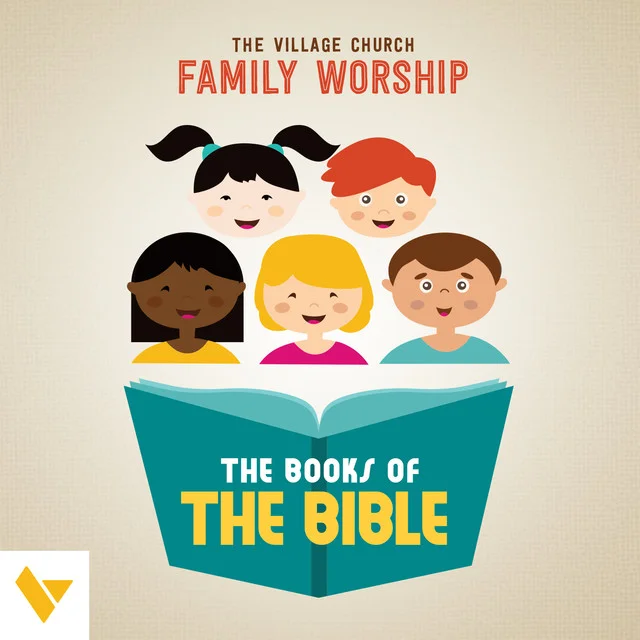2. We Are Christian
Christian refers to a person that trusts and follows Christ Jesus as the good news who appeared in history during the Greco-Roman period. Even the global dating system of history is built around him with B.C. referring to ‘Before Christ’ and A.D. referring to anno domini or in the year of our Lord Jesus Christ.
The word Christian is found more in history than in the Bible, but one particular Bible passage is Acts 11:26:
... And in Antioch the disciples were first called Christians. (Acts 11:26b ESV)
Christianity affirms his claims, teachings, demands, and commands knowing that Jesus is the only fully human and fully divine one that will ever exist. Christianity overall affirms and teaches that God is one nature (essence) and three persons, like a husband and wife in a sense where they share the same nature and functionally live unified with differing roles. Christianity even learns relationships, friendship, and community from how God inter-relates as well as relates to humanity and the rest of his created world.
As the Christian author C.S. Lewis has said, with one of our own additions, that Jesus is either a liar, lunatic, legend, or lord. Either he is who he says he is -- or not. And, if he is who he says he is, then that changes how we see God, the Bible, the world, and one another. Christians recognize the Bible as God's spoken and written word to reveal who he is, what he says, and what he does. The Bible's Old Testament promised he was coming and the Bible's New Testament confirms he came to save the world through his death and resurrection:
For I delivered to you as of first importance what I also received: that Christ died for our sins in accordance with the Scriptures, that he was buried, that he was raised on the third day in accordance with the Scriptures, and that he appeared to Cephas, then to the twelve. Then he appeared to more than five hundred brothers at one time, most of whom are still alive, though some have fallen asleep. Then he appeared to James, then to all the apostles. (1 Corinthians 15:3–7 ESV)
Jesus said after resurrecting:
All authority in heaven and on earth has been given to me. Go therefore and make disciples of all nations, baptizing them in the name of the Father and of the Son and of the Holy Spirit,teaching them to observe all that I have commanded you. And behold, I am with you always, to the end of the age. (Matthew 28:18–20 ESV)
So, when someone entrusts their life to Christ Jesus as the God-man and savior -- they are Christian. A Christian's life is like a humble student or a disciple, where one continues to live learning, working, and loving in the world for his purpose and glory to draw humanity to trust and follow him as disciples.
Common aspects of a Christian's life following Christ are:
Listening to God (his written word, his created natural patterns and principles, the gospel, the Spirit's convictional work on the heart and conscience work on the mind, in community with other Christians)
Working in the world
Serving one another and others
Praying (talking and confessing transparently, openly and receptively to God about life, sins, needs, others)
Hospitable (characteristic of one’s heart and use of possessions and assets considering people not as liabilities but people to love, including and also beyond friends and family such as strangers and those in need; not defined by performance of entertaining guest or perfection of a dwelling but the heart of the people that use their dwelling how God would want them to)
Generously living and giving of their life -- time, talent and treasures -- considered stewardship
Gathering with other believers regularly in local communities (churches)
Baptized into water that resembles God's spiritual washing of sin by the Spirit and the gospel
Taking communion (Lord's Supper or Lord's table) with other Christians that ensure the bread (or food) and drink symbolize Jesus' flesh and blood given for the world to be saved
Teaching and training others to follow Christ
There are certainly limitations and boundaries to Christianity, in the sense that many use the word Christian but use a different meaning and life application. We recognize a historical and helpful word to give helpful boundaries -- Evangelical.




























